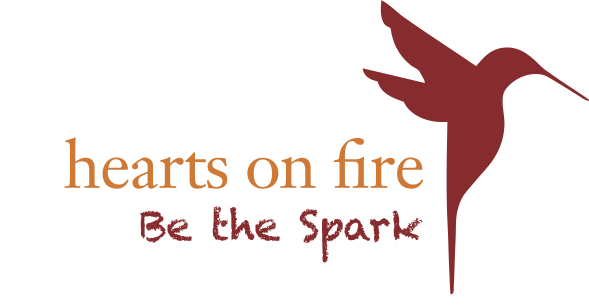Farah Mohamed | Malala Fund
3.5 Billion Ways to Improve the World
Seven years ago, Farah Mohamed hit the heights, summiting Mt. Kilimanjaro in Africa. So what do you do when you’ve reached the top of the mountain? If you’re Farah Mohamed, you find another mountain to climb. And she has--arguably a much more challenging one.
In 2010, she founded G(irls)20 in Canada with a mission to galvanize the world’s greatest resource—3 and a half billion girls and women—to empower them through entrepreneurship and education, cultivating a new generation of female leaders. As of 2017, Farah has accepted an exciting new role as CEO of the Malala Fund, an organization which champions every girl’s right to free, safe, quality education.
Designed to work in parallel with the G20 world leaders summit, the G(irls)20 summit brings together 20 carefully chosen delegates between the ages of 18 and early 20s, one from each of the G20 countries, plus representatives from several other areas. Farah says the age range is significant.
“We believe that you need to engage young women at the age when they’re starting to make some very big decisions about their careers. They’re either just coming out of high school, maybe starting their first job, maybe trying to figure out what career to take.”
The summit delegates participate in workshops designed to bolster their knowledge and skills in technology, entrepreneurism, communications and leadership. Together, they debate and design solutions that will economically advance girls and women around the world.
“The point isn’t just to make a bunch of new best friends, sing Kumbaya and go home,” Farah says. “We want these girls to go home and put their initiatives into action.”
Farah jokes that she doesn’t have the typical feminist pedigree.
“I didn’t take gender studies, I’ve never attended a protest. But this is about economics – a country cannot achieve growth or even stability without engaging its female population.”
It was the instability in Uganda under Idi Amin that forced Farah’s parents to move the family to Canada when she was just two years old.
“I was raised with a strong sense of giving back to the country that let us in,“ she says. And so the seeds of G(irls)20 took root.
“We have challenges in certain parts of the world where women are not afforded the same access to education or jobs as men. But slowly that is changing,” says Farah.
She says her optimism for the future comes from spending time with the young delegates of G(irls)20.
“They see themselves as the next Prime Minister or CEO or farmer or whatever they see themselves as. They’re not told what they’re going to be.”
And Farah points to role models like Hillary Clinton who has said that helping women and girls bypass barriers is “the unfinished business of the 20th Century.”
With the creation of G(irls)20, Farah Mohamed has taken that challenge to heart and run with it.


